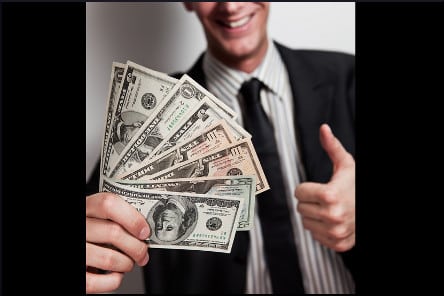
Childhood Obesity News has raised the question of how a typical academic figure can manage to carry out duties related to health policy while in the employ of manufacturers of products whose qualities are not aligned with the public good.
Many experts are hired by corporations as consultants, in an advisory capacity or to do research. At the same time, many of the same experts work for their respective governments and, at least nominally, for the people. An expert might be asked to decree whether sugar should make up 20% of a person’s caloric intake, or only 10%. (Health professionals who believe that even 10% is ludicrously high tend to not be hired to make such determinations.)
Is it okay that experts make money off the very companies that need to be controlled? Why should they not make money off their expertise? It took a lot of years and a lot of dollars to acquire that level of knowledge. How is a world-renowned expert supposed to keep the lights turned on — by selling T-shirts?
A reasonable expectation
There are many good points on both sides about what should be permissible. What is an acceptable level of conflict of interest? In such a climate, full disclosure is not too much for the public to ask, especially when tax money is involved.
Thought leaders can exercise authority over policy, either by endorsing it, carrying it out, or dissuading Washington from adopting it. One person’s say-so can cause millions of dollars to change hands, or end careers, or throw an entire state into insolvency. An expert can do a lot for a corporation, or against it.
How do payments tip the equation? Does money translate into undue influence on opinions, decisions, and recommendations? How, for instance, can a health care expert, who sits on the board of a beverage corporation, give fair consideration to the idea of a soda tax, or of keeping soda vending machines out of schools? Forbes writer Larry Husten suggests that divided loyalties have effects that are sometimes subtle, sometimes obvious. He speaks of studies demonstrating
…that gifts, even very small gifts, can exert strong unconscious effects. When combined with the flattery and attention of being designated a “key opinion leader” an unconscious alignment with a company can easily occur.
This is not a new problem, and one of the more widely publicized instances was Dr. David Allison’s resignation as president-elect of the Obesity Society in 2011, after it was revealed that his expert opinion on fast-food calorie listings was paid for by the New York State Restaurant Association.
Nor is it an exclusively American problem. In Great Britain, nutrition expert Ian Macdonald was made chairperson of a government panel. Then a reporter mentioned that he was making about $10,000 a year from Coca-Cola and at least that much from the giant food corporation Mars, and controversy ensued.
Also in the U.K., government scientist Tom Sanders received a research grant worth about $7.5 million from a sugar company. Daily Mail reporter Alex Renton writes:
[T]here are studies showing medical scientists funded by any industry tend to produce work biased in that industry’s favour…. One influential paper from last year examined research on sugary drinks and weight gain. The researchers looked at 17 academic studies and found that when the authors had connections to the sugar industry, they were five times as likely to conclude sugary drinks did not make you fat.
Is anyone so pure that they can avoid being influenced by powerful interests putting money into their bank account?
Your responses and feedback are welcome!
Source: “What Role Should Coca-Cola Play In Obesity Research?” Forbes.com, 04/27/14
Source: “Obesity tsars, sugar firms paying them a fortune and a VERY unhealthy relationship,” DailyMail.co.uk, 01/20/14
Image by TaxCredits.net

 FAQs and Media Requests:
FAQs and Media Requests: 











